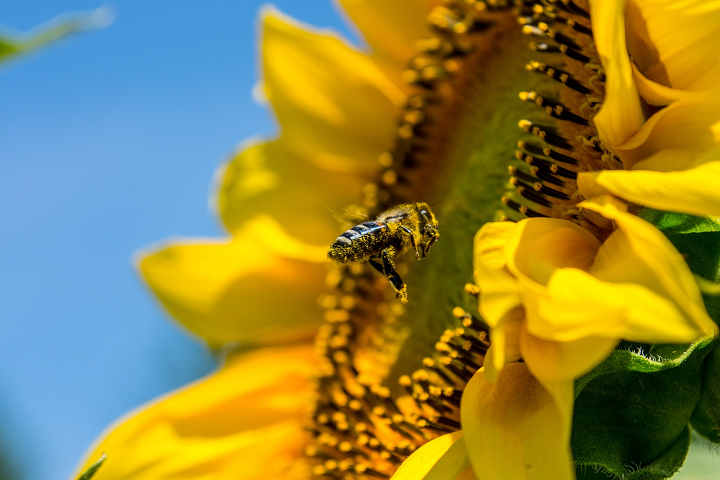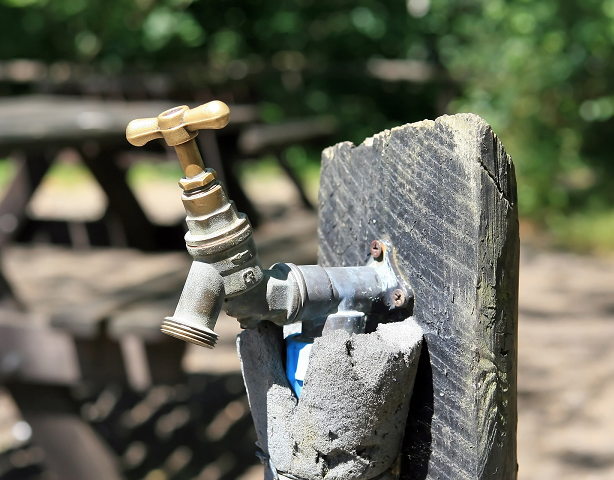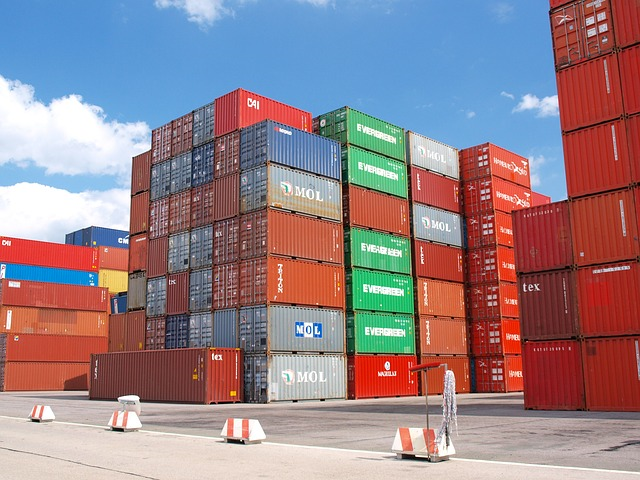
California Senate Fails to Protect Bees
Senate Makes Progress on Water Policy
Proposed Freight Plan Falls Short

California Senate Fails to Protect Bees
By Edward Moreno
Pollinators and angiosperms, or flowering plants, have had a blossoming relationship that extends as far back as 120 million years ago. This beautiful symbiosis has resulted in attractive flowers, sweet nectars and pleasant aromas.
Today, pollinators pollinate 85% of the world’s flowering plants and 35% of global crop production. In California, bees play a significant role in the pollination of the 20 million pounds of fruits and nuts produced in the state each year. The state’s agricultural production accounts for more food than any other state in the nation.
Unfortunately, bee populations have been declining significantly over the last 25 years. This alarming rate of mortality is due to a number of factors, but a substantial and growing body of evidence points to neonicotinoid pesticides as a significant factor.
And just a few days ago, legislation by Senator Mark Leno and Senator Ben Allen to help cut neonicotinoid use through plant and food labeling, and restrictions on the pesticide for home use, failed to clear the Senate. Agricultural industry trade associations, whose members benefit most from healthy pollinators, aggressively opposed the bill, Senate Bill 1282.
Neonicotinoid pesticides have been used on farm crops, ornamental landscaping and trees since the mid-1990’s. These chemicals are absorbed by the plants and are transferred throughout the plant, making the pollen, nectar and the floral body toxic to pollinators. Once exposed, bees experience impaired flying and navigation (both critical for foraging) and even death.
Home use of these pesticides is often significantly higher than what is approved for agricultural crops. This is problematic as the pesticides can persist for months or years in the soil after a single application. To make matters worse, some plant products are treated with these pesticides before they are sold and you have no way of knowing. A beautiful violet or daisy purchased from the garden section of your local nursery may be luring these pollinators to their demise.
Consumers need and deserve to have the power to protect bees. SB 1282 would have provided that power by giving consumers access to information about the products they buy so they can choose to avoid buying plant products containing bee-harming pesticides.
It’s a shame that on the issue of neonicotinoids, California’s agricultural trade associations chose to side with the pesticide producers rather than the pollinators.

Senate Makes Progress on Water Policy
By Kyle Jones
A suite of bills that advance water sustainability have passed in the Senate and are beginning their trek through the Assembly.
As California endures a persistent drought, it’s refreshing to see approaches coming out of the Senate that make environmental and economic sense.
These Senate bills, SB 1233, SB 1262, SB 1263, SB 1317, and SB 1318, will help increase water efficiency, require better analysis of water availability when planning new development, stop the reliance on critically over-drafted groundwater, and provide drinking water access to disadvantaged communities that have been deprived of clean water.
SB 1233 by Senator Mike McGuire is a common-sense measure that will boost water efficiency in homes. This bill allows water agencies to form partnerships to create programs through which consumers can get loans to buy new efficient appliances, and pay off the balance with the savings on their water bill.
SB 1262 by Senator Fran Pavley and 1263 by Senator Bob Wieckowski are a package of bills that will help prevent communities from running out of water. The provisions include requiring an analysis of groundwater supplies for new development, and providing more state oversight on the formation of new water agencies to make sure they can function.
SB 1317 by Senator Lois Wolk will help move the state towards groundwater sustainability, requiring new wells in overly stressed aquifers to show they won’t harm the aquifer before drilling. The bill also bans new wells in the most critically over-drafted groundwater basins.
SB 1318, also by Senator Wolk seeks to address the terrible situation of communities lacking adequate water service. Specifically, the bill will try to get those communities that don’t have water consolidated with adjacent existing systems so that the human right to water can be fulfilled.
Each of these bills are now awaiting assignment to policy committees in the Assembly. These will be priorities as we work through the summer to move them to the governor’s desk by the end of the legislative session in August.

Proposed Freight Plan Falls Short
By Diana Vazquez
California must transform its freight system to protect the health of all of its communities, especially those most impacted by ports, rail yards, and other pollution hot spots.
Recognizing the need for a freight system that is both cleaner and more efficient, last July Governor Jerry Brown issued Executive Order B-32-15. The order directed the California Air Resources Board, the California Department of Transportation, the California Energy Commission, and the Governor’s Office of Business and Economic Development (GO-Biz) to create a California Sustainable Freight Action Plan (Action Plan).
The first draft of the plan, which was released for public review on May 3, 2016, is surprisingly short on details. The document serves as a guidance document to coordinate the State agency priorities and timing on actions to influence freight transportation and energy infrastructure, vehicle and equipment technologies, and facility and operations efficiency. It fails to provide much-needed specifics about the path to sustainability, air quality, and emissions reductions.
Too many Californians are burdened by the negative effects of freight transportation. Sierra Club California staff and key volunteers have joined with other environmental groups, public health organizations, and community-based groups through the California Clean Freight Coalition (CCFC) to press for reforms in the freight system. With CCFC, we will submit comments on the latest plan draft to urge the state agencies to further integrate environmental justice and climate change solutions into the final draft.
The final draft of the freight plan is expected to be released in July.
To see all comments submitted about the draft action plan, visit the plan’s comments page.
If you would like to make individual comments on the draft Action Plan, visit the comments page before the comment period closes at 5:00PM on July 6.
Follow Us:
  |
Thank you for being a part of our work! You may securely donate online or by sending a check to Sierra Club California at 909 12th Street, Suite 202, Sacramento, CA 95814.
